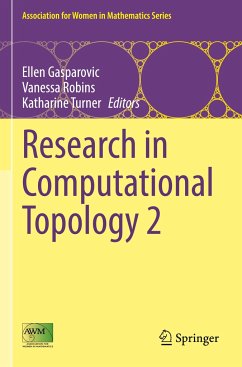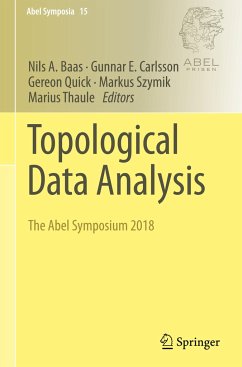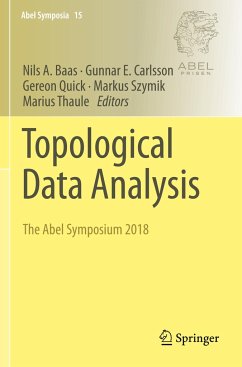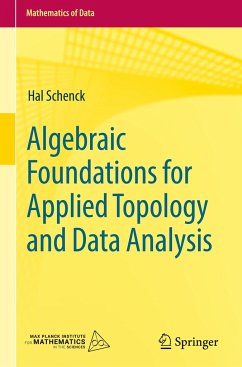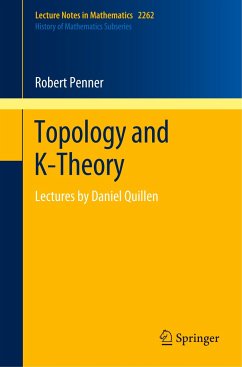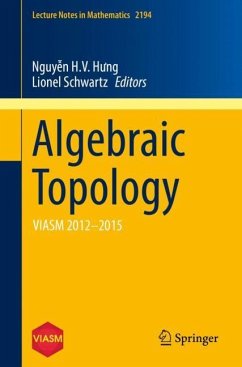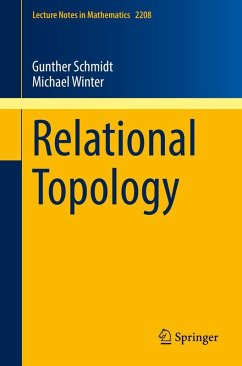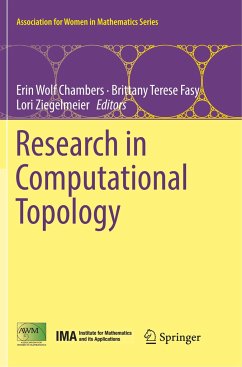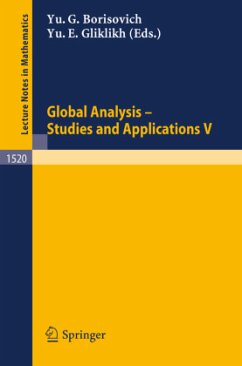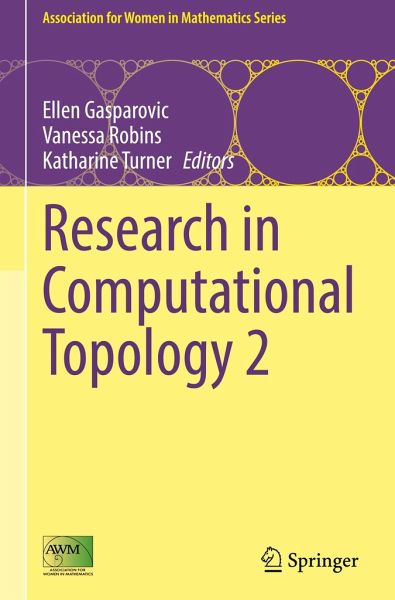
Research in Computational Topology 2

PAYBACK Punkte
38 °P sammeln!
This second volume of Research in Computational Topology is a celebration and promotion of research by women in applied and computational topology, containing the proceedings of the second workshop for Women in Computational Topology (WinCompTop) as well as papers solicited from the broader WinCompTop community. The multidisciplinary and international WinCompTop workshop provided an exciting and unique opportunity for women in diverse locations and research specializations to interact extensively and collectively contribute to new and active research directions in the field. The prestigious se...
This second volume of Research in Computational Topology is a celebration and promotion of research by women in applied and computational topology, containing the proceedings of the second workshop for Women in Computational Topology (WinCompTop) as well as papers solicited from the broader WinCompTop community. The multidisciplinary and international WinCompTop workshop provided an exciting and unique opportunity for women in diverse locations and research specializations to interact extensively and collectively contribute to new and active research directions in the field. The prestigious senior researchers that signed on to head projects at the workshop are global leaders in the discipline, and two of them were authors on some of the first papers in the field.
Some of the featured topics include topological data analysis of power law structure in neural data; a nerve theorem for directional graph covers; topological or homotopical invariantsfor directed graphs encoding connections among a network of neurons; and the issue of approximation of objects by digital grids, including precise relations between the persistent homology of dual cubical complexes.
Some of the featured topics include topological data analysis of power law structure in neural data; a nerve theorem for directional graph covers; topological or homotopical invariantsfor directed graphs encoding connections among a network of neurons; and the issue of approximation of objects by digital grids, including precise relations between the persistent homology of dual cubical complexes.





